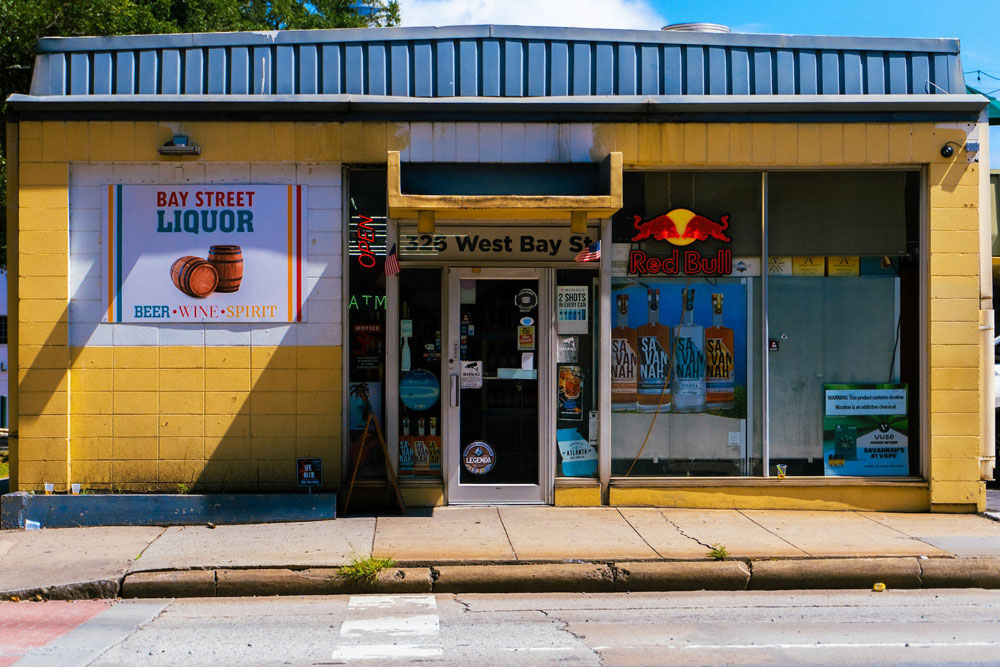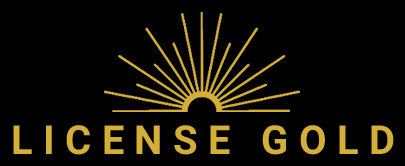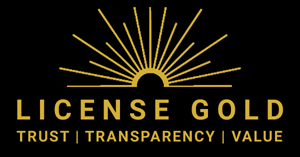Are you considering opening a new liquor store in California? Securing a Type 21 liquor license and a Conditional Use Permit (CUP) is essential for a successful launch. Here’s a comprehensive guide, using Riverside County as an example, even though this basic process is applicable across the state:
The Type 21 License
Understanding the License: The Type 21 license authorizes the sale of beer, wine, and spirits for off-site consumption. While the license costs around $1,400 from the Dept. of ABC, acquiring it can be more complex, especially in counties where there is a moratorium and the ABC won’t issue new when purchased from the secondary market, where prices range from $20,000 to $30,000.
Navigating the Process: Obtaining this license involves stringent paperwork, background checks, and compliance with the Alcohol Beverage Control (ABC) regulations.
The Conditional Use Permit (CUP)
What’s a CUP?: Opening a liquor store may necessitate a CUP due to zoning regulations. This permit ensures that your business aligns with the community’s interests.
Process Overview: Riverside County, like many areas in California, requires a CUP for specific land uses. This process involves comprehensive application submissions, reviews, and approvals.
The Timelines, Steps, and Costs
Timelines: The duration varies. Acquiring a Type 21 license might take several months due to background checks and paperwork. A CUP process in Riverside County could range from several months to a year, considering local regulations, hearings, and approvals.
Steps Involved: This includes application submissions, interactions with planning departments, community engagement sessions (such as meetings or hearings), potential revisions, and final approvals.
Associated Costs: While the Type 21 license costs around $1,400, the secondary market could entail higher expenses. Additionally, the CUP process incurs application fees, expenses for land use specialists (charged approximately $250/hr), meeting costs, and potential legal counsel fees.
The Complexity of Multiple Municipalities
Statewide Complexity: California’s jurisdictional complexities involve different regulations, processes, and timelines across its various municipalities. For instance, Riverside County has unique rules, but similar procedures apply statewide.
Navigating Challenges: Understanding local laws, actively engaging with planning departments, and seeking legal advice when necessary are vital for navigating the intricate maze of municipal regulations across the state.
Opening a new liquor store in California demands attention to the complexities and potential challenges of licensing and permitting. Engaging experienced consultants, understanding local regulations, and being prepared for variable timelines and costs are crucial for a successful venture.
As you embark on your journey to establish a new liquor store, let License Gold guide you through the intricate process of licensing and permitting. Our expertise simplifies the process, making your dream business a reality.


